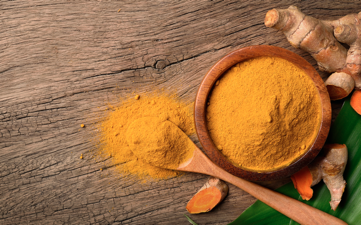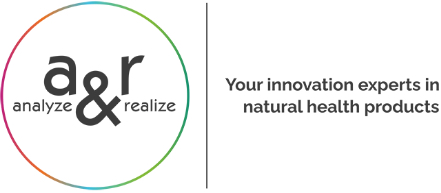
In June 2022, the French Agency for Food, Environment and Occupational Safety (ANSES) published a thorough safety assessment of food supplements containing turmeric. The report was motivated by safety concerns associated with the consumption of turmeric or food supplements containing curcumin that had been reported since the introduction of the ANSES nutrivigilance system in 2009. Other countries reported similar incidences.
The ANSES review confirmed that curcumin with natural bioavailability is neither mutagenic nor genotoxic. There is international consensus that orally administered curcumin is safe over a wide range of concentrations. An ADI for humans of 3 mg/kg bw/day was derived from the NOAEL of 250-320 mg/kg bw/day, applying an uncertainty factor of 100. The ADI corresponds to 180 mg/day for a 60 kg person. Hepatotoxicity in rodents was only reported at doses substantially exceeding the NOAEL.
ANSES reviewed the reported adverse effects in humans after the intake of curcumin supplements or in clinical studies with curcumin products. However, they could not identify a common cause for the observed symptoms. Adverse reactions seem to concern primarily subjects with underlying hepatic conditions or taking medications. In addition, the authority stressed once more that the NOAEL and consequently the ADI established for regular curcumin do not apply to curcumin products with increased bioavailability. The safety of curcumin derivatives with increased bioavailability should be demonstrated in product-specific systematic toxicity studies, and the novel food status needs to be verified on a case-by-case basis.
Whereas ANSES only advises consumers to avoid taking several food supplements at the same time, Italy went a step further and extended the mandatory labelling requirements that were already imposed to curcumin-containing food supplements. As of December 31, 2022, supplements with curcuma marketed in Italy have to bear a disclaimer that curcumin supplements should not be taken over longer periods of time or during pregnancy, in case of known liver or gallbladder conditions, or concomitantly with medications. The ban on claims regarding hepatic function or the functioning of the digestive system that was already imposed in 2020 was extended and includes now claims on antioxidant effects, joint functions, and effects on the menstrual cycle. Moreover, the Italian authorities were quite explicit in their position that curcumin with increased bioavailability might fall under the Novel Food Regulation and reminded food business operators of the obligation to ensure the marketability of their ingredients.
Those precautionary measures are not new. Currently, only a few EU countries require mandatory warnings on the labels and restrict using the pending claims on curcumin. However, stakeholders closely monitor whether other countries will follow suit and introduce similar restrictions.
What does this increasing scrutiny mean for food business operators who want to market supplements with curcuma in the EU?
The recent novel food authorization for tetrahydrocurcuminoids, a metabolite of curcumin, illustrates that EFSA and EC will apply the same level of scrutiny to curcumin and all its derivatives. Based on the provided toxicity studies, the dose originally proposed by the applicant was approximately halved to 140 mg/day for the adult population. Moreover, finished products shall bear a statement that they should not be consumed if other food supplements containing curcumin and/or curcuminoids are consumed on the same day.
As the entries in the RASFF system show, violations of the upper levels of curcumin are sanctioned everywhere in the EU. However, national upper levels may deviate for curcumin in food supplements.
Based on this background, a&r recommends the following:
- to not exceed the ADI for curcumin that is valid in the respective target market and to use on-hold claims very prudently
- appropriate quality control of the raw materials and correct labelling of the products is key to avoiding contaminations or adulteration
- If curcumin derivatives with increased bioavailability are used, the novel food status should be assessed and, if applicable, a respective novel food application should be filed. This may include executing appropriate safety studies with the specific curcumin product
If you would like to speak to our experts get in touch. Our team can support you in the development of innovative solutions.
